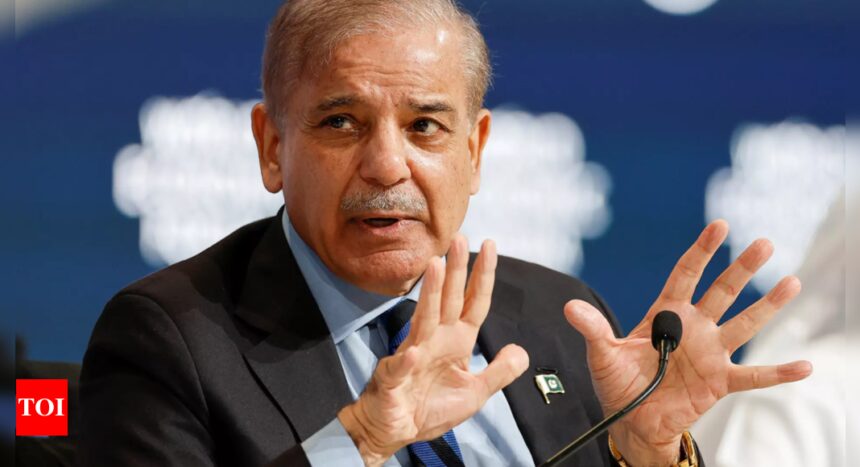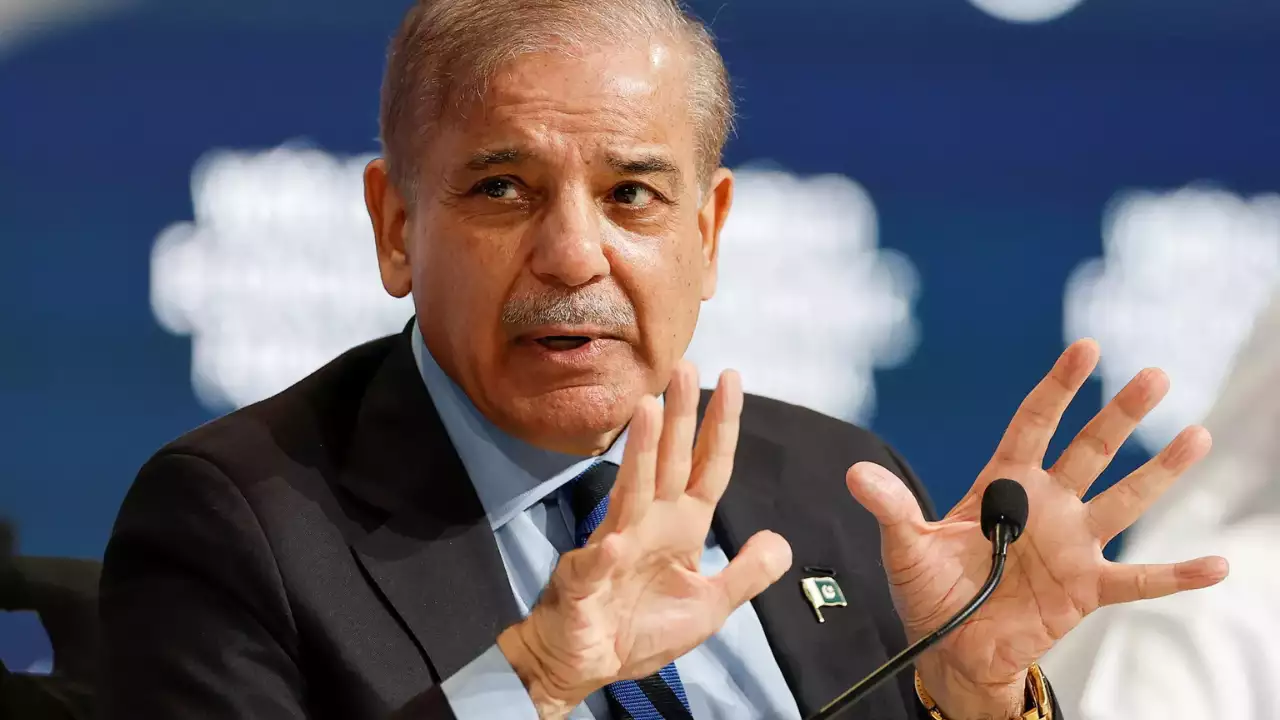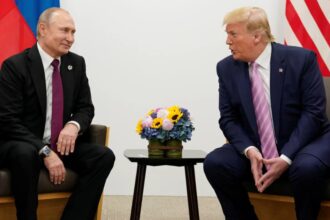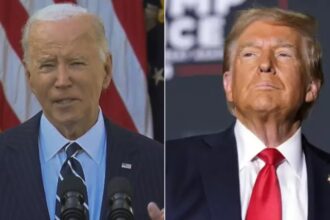Financially relegated to the margin given the dwindling economic figures, revenue-starved Pakistan is set to get monetary respite from the International Monetary Fund (IMF).
Pakistani PM Shehbaz Sharif said on Thursday that “friendly” nations have helped Islamabad to meet the requirements necessary to secure the IMF bailout package — necessary for the nuclear-armed nation to end its chronic economic distress.
Islamabad has been working on implementing conditions from the IMF to complete a $7 billion, 37-month loan programme agreed in July, which Pakistan said will be its last.
Last July, Sharif’s administration had secured a $7-billion loan from IMF on the condition that it would introduce stringent reforms to strengthen tax collection and increase revenue.
On the global lender’s demand, Islamabad had unveiled a tax-heavy budget last June to raise 13 trillion rupees by next year – a 40% increase from the current financial year. There has also been a 20-30% tariff increase on electricity and other energy products, hitting the common man hard.
Pakistan’s external debt obligations exceed $130 billion, with concerns raised by financial experts regarding the potential inflationary impact of the country’s debt-driven approach to fiscal deficit management.
The February general election produced Shehbaz Sharif-led shaky coalition government, which now has the challenging task of tackling deep-rooted structural problems to pull the $350-billion economy out of its misery.
Since joining the multilateral lender in 1950, Pakistan has secured 24 IMF bailouts, the latest being subject to approval by the lender’s executive board and the confirmation of necessary financing assurances from the country’s development and bilateral partners.
Pakistani PM Shehbaz Sharif said on Thursday that “friendly” nations have helped Islamabad to meet the requirements necessary to secure the IMF bailout package — necessary for the nuclear-armed nation to end its chronic economic distress.
Islamabad has been working on implementing conditions from the IMF to complete a $7 billion, 37-month loan programme agreed in July, which Pakistan said will be its last.
Last July, Sharif’s administration had secured a $7-billion loan from IMF on the condition that it would introduce stringent reforms to strengthen tax collection and increase revenue.
On the global lender’s demand, Islamabad had unveiled a tax-heavy budget last June to raise 13 trillion rupees by next year – a 40% increase from the current financial year. There has also been a 20-30% tariff increase on electricity and other energy products, hitting the common man hard.
Pakistan’s external debt obligations exceed $130 billion, with concerns raised by financial experts regarding the potential inflationary impact of the country’s debt-driven approach to fiscal deficit management.
The February general election produced Shehbaz Sharif-led shaky coalition government, which now has the challenging task of tackling deep-rooted structural problems to pull the $350-billion economy out of its misery.
Since joining the multilateral lender in 1950, Pakistan has secured 24 IMF bailouts, the latest being subject to approval by the lender’s executive board and the confirmation of necessary financing assurances from the country’s development and bilateral partners.
Source : Times of India









